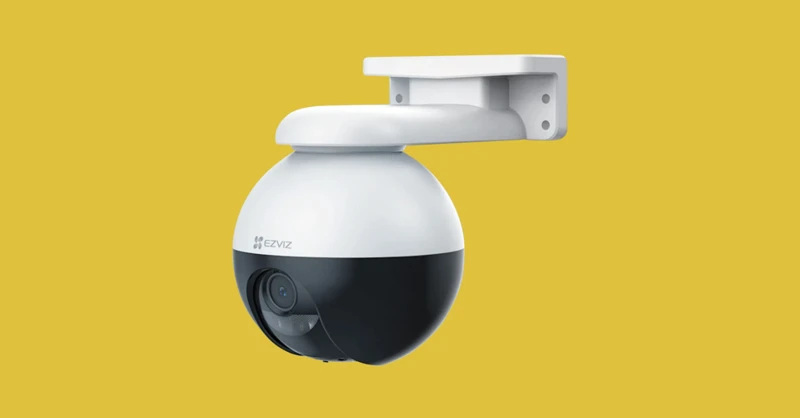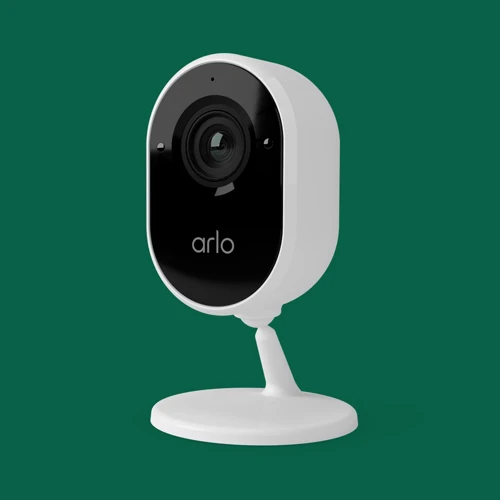Introduction to Home Surveillance: Wired vs Wireless Options

Choosing between wired and wireless home surveillance systems is a critical decision for ensuring the safety and security of your property. Each option offers unique advantages, catering to different needs and preferences. Wired security cameras are known for their stable connection and superior video quality, as they are directly connected to a power source and a central hub. On the other hand, wireless cameras offer flexibility and easy installation, connecting via Wi-Fi to store footage in the cloud. The choice between wired vs wireless outdoor security cameras largely depends on specific requirements such as reliability, installation complexity, and the need for high-quality video.
In evaluating video quality wired vs wireless surveillance, several key points emerge:
- Wired security cameras tend to provide more consistent video quality, unaffected by bandwidth fluctuations.
- Wireless cameras, although more flexible in installation, may suffer from limited signal range and potential interference.
- The decision between wired and wireless systems depends on factors like installation ease, video quality needs, and reliability concerns.
Understanding Wired Security Cameras

Benefits of Wired Surveillance
Wired security cameras are celebrated for their reliability and high-quality video output. They transmit video and audio signals through a wire to a central hub, ensuring a stable connection that is not prone to the fluctuations common in wireless networks. These systems are ideal for both residential and commercial properties that prioritize uninterrupted surveillance.
Limitations of Wired Security Cameras
Despite their advantages, wired cameras come with limitations. Their installation can be labor-intensive, often requiring professional help to manage the extensive wiring. Moreover, their lack of portability makes future adjustments or relocations challenging, often making them a more permanent solution.
Exploring Wireless Security Cameras
Advantages of Wireless Monitoring
Wireless security cameras stand out for their ease of installation and flexibility. They connect to your home’s Wi-Fi network, allowing you to place them almost anywhere without worrying about running cables. This makes them particularly appealing to renters or those looking for a less permanent security solution.
Drawbacks of Wireless Security Cameras
However, wireless systems have their drawbacks. They rely on a stable Wi-Fi connection, which can be inconsistent, affecting video quality. Moreover, the risk of hacking and digital snooping is higher with wireless cameras, emphasizing the need for robust security measures.
Comparative Analysis: Wired vs Wireless Outdoor Security Cameras
Installation and Setup
Installation is straightforward for wireless cameras, often not requiring professional assistance, making them cost-effective in the short term. Wired systems, while more complex to install, offer a one-time setup with minimal maintenance.
Video Quality and Performance
When it comes to video performance, wired security cameras tend to capture higher-quality footage than their wireless counterparts due to their stable, uninterrupted connection. Wireless cameras, susceptible to signal interference, may not always provide the same level of clarity.
Reliability and Security
Wired systems are less prone to hacking and offer a more reliable surveillance option since they don’t depend on Wi-Fi. Wireless cameras, while convenient, require additional cybersecurity measures to protect against digital threats.
Cost Considerations
Although wireless cameras may appear cost-effective initially, potential expenses related to cloud storage and the need for stronger network security can add up. Wired systems, with their durable setup and minimal ongoing costs, may offer better long-term value.
Wired Security Cameras vs Wireless: Making the Right Choice
Factors to Consider When Selecting Surveillance Systems
Deciding between wired and wireless systems involves evaluating factors such as installation complexity, video quality requirements, and the specific surveillance needs of your property. Consider your willingness to undertake initial setup work against the need for flexibility and easy scalability.
Scenario-Based Recommendations
For homeowners looking for long-term reliability and high-quality video, wired systems are preferable. Renters or those seeking a quick, flexible setup might find wireless cameras more suitable. Ultimately, the choice should align with your security priorities and living situation.
Advanced Features and Technologies in Surveillance Cameras
Encryption and Cybersecurity Measures
Modern surveillance systems come equipped with advanced encryption and cybersecurity features to protect against unauthorized access. These measures are particularly crucial for wireless cameras, which are more vulnerable to hacking.
Innovations in Video Analytics
Both wired and wireless cameras are benefiting from innovations in video analytics, such as facial recognition and motion detection. These advancements enhance the effectiveness of surveillance systems, providing more precise monitoring and alerting capabilities.
When considering the best surveillance setup for your needs, it’s crucial to understand the differences and nuances between wired and wireless systems. Not only does the choice impact installation complexity and cost, but it also affects video quality, reliability, and maintenance. For a comprehensive comparison, explore our detailed discussions on wired vs. wireless video surveillance, including factors like video quality and system reliability. Delve into the specifics of maintaining these systems over time with our guide on wireless vs. wired video surveillance maintenance. If your focus is on protecting the perimeter of your property, don’t miss our article examining wired vs. wireless outdoor video surveillance. And for a broader overview that compares these technologies on all fronts, our pieces on wired vs. wireless surveillance and wireless vs. wired video surveillance systems will equip you with the knowledge to make an informed decision tailored to your security needs.
Final Thoughts on Wired vs Wireless Security Cameras
In conclusion, the decision between wired and wireless security cameras boils down to individual needs and preferences. While wired cameras offer unparalleled reliability and video quality, wireless options provide flexibility and ease of installation. Considering factors like installation, video quality, reliability, and cost will help you make an informed choice that best suits your surveillance needs. Regardless of your choice, staying informed about the latest security technologies and practices is essential for keeping your property safe.







